
dorsaamir.com | mindandculturelab.com
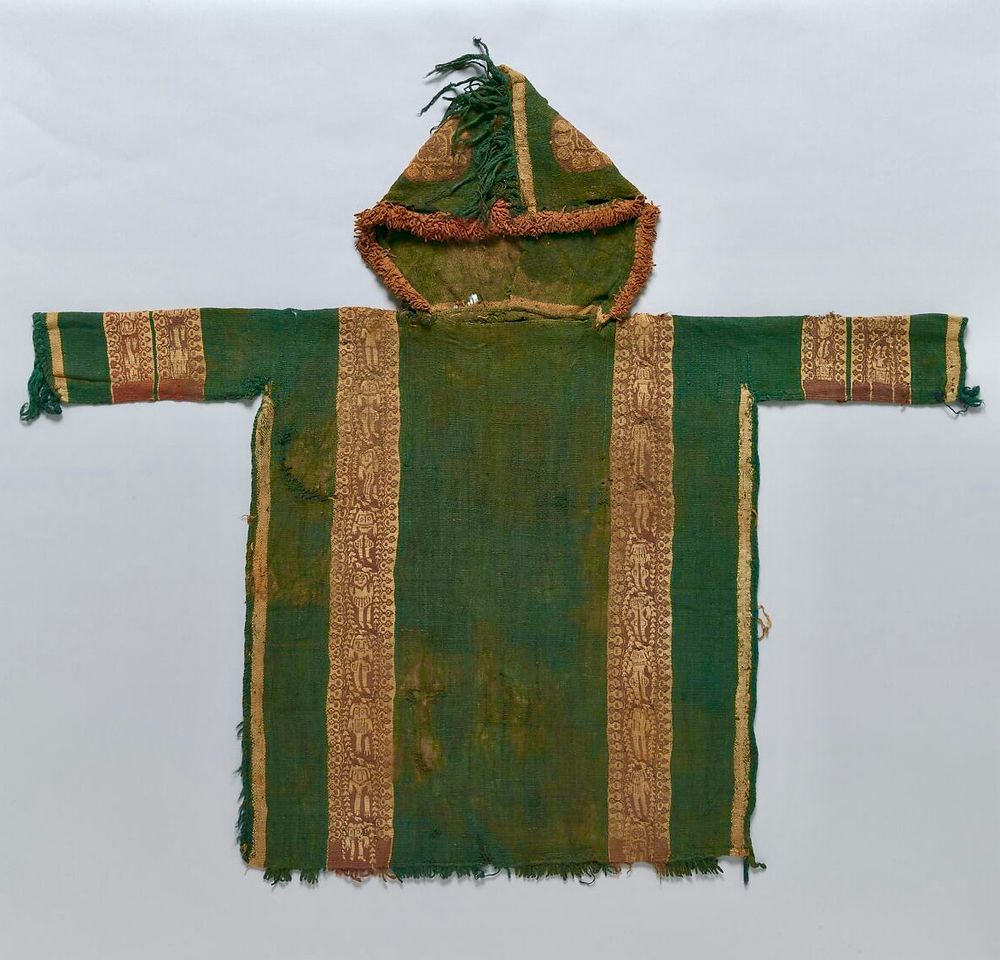




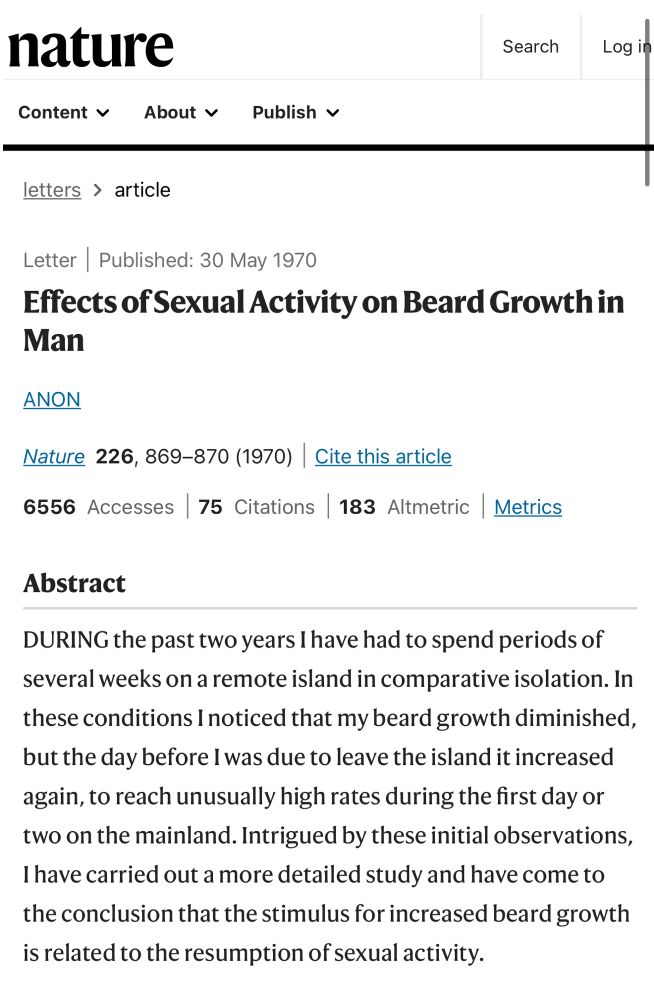

Here's a link to the Keynote file if you wanna try it out 👇🏼
drive.google.com/file/d/1K6W-...


Here's a link to the Keynote file if you wanna try it out 👇🏼
drive.google.com/file/d/1K6W-...
docs.google.com/spreadsheets...
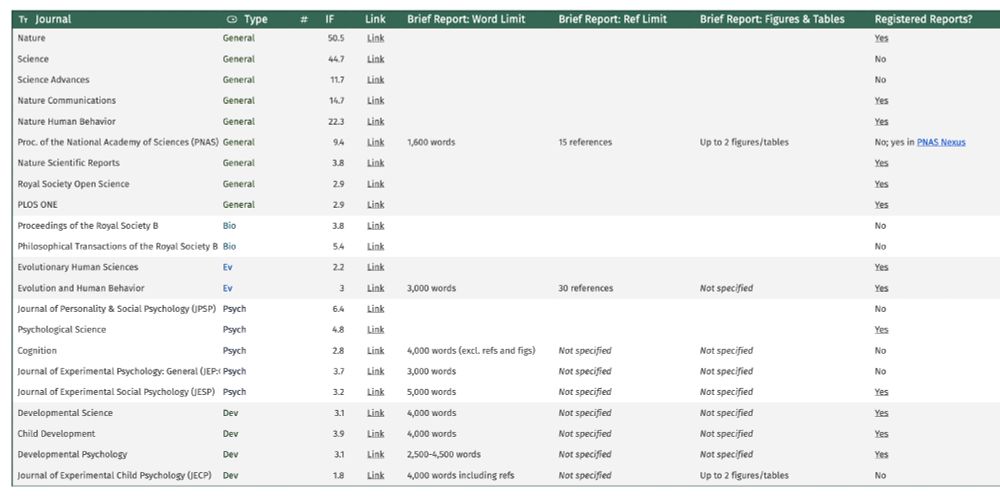
docs.google.com/spreadsheets...
osf.io/preprints/ps...

osf.io/preprints/ps...

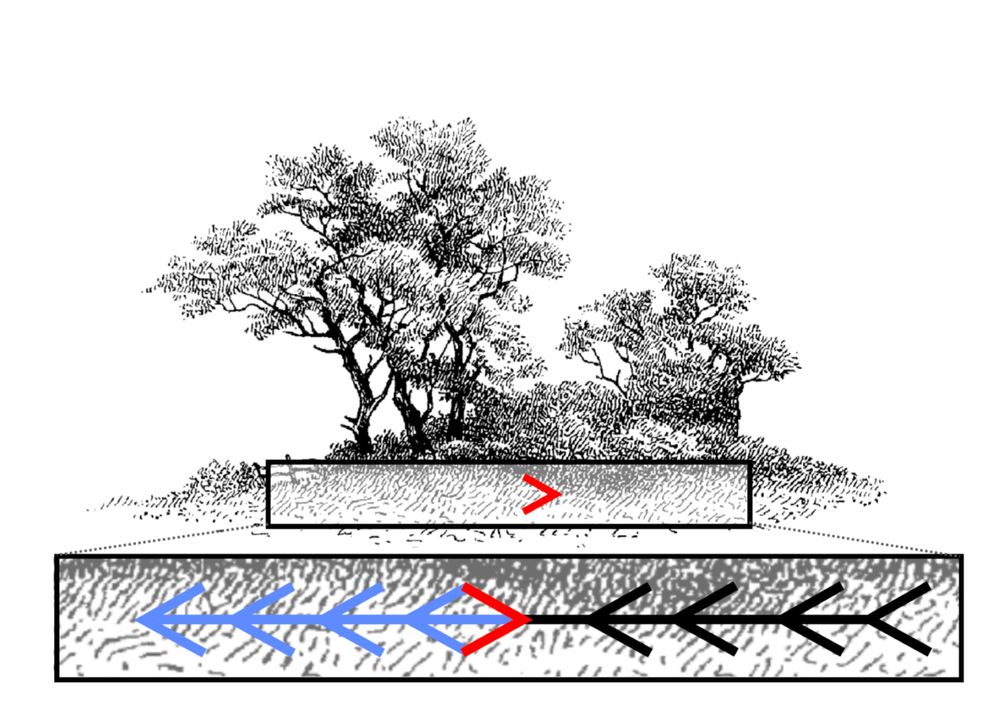
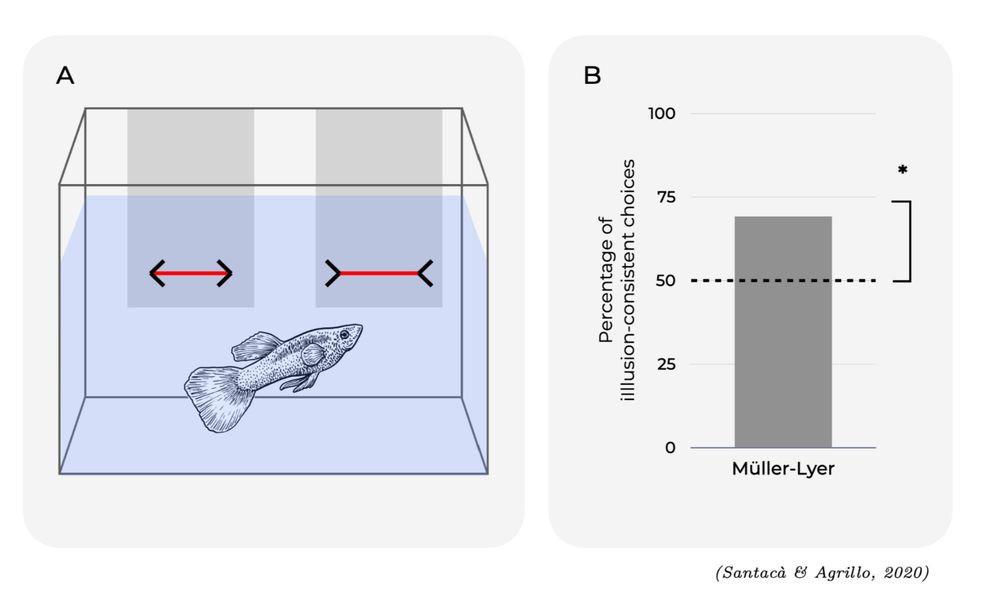
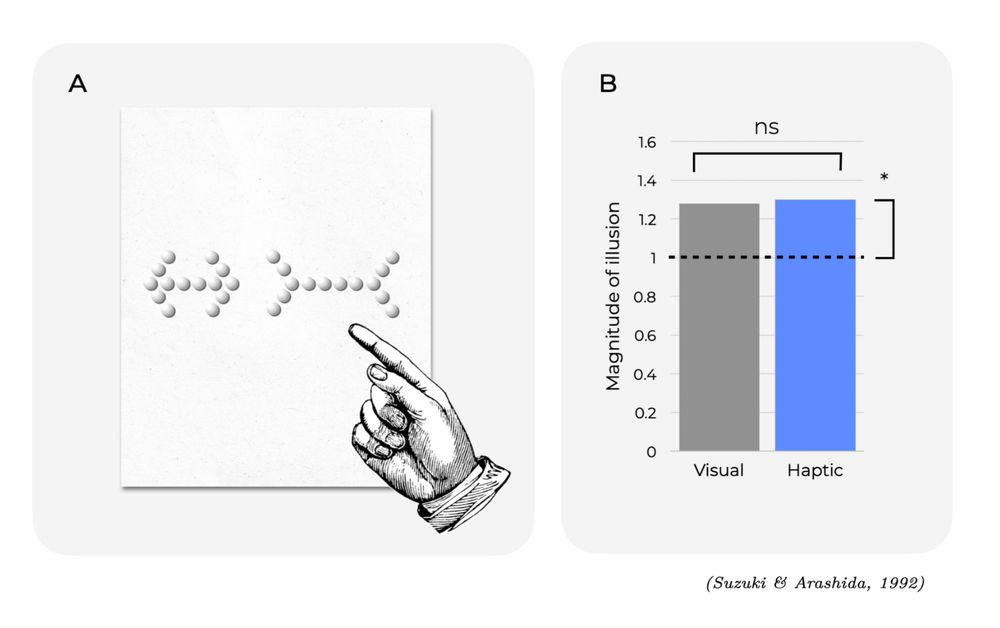
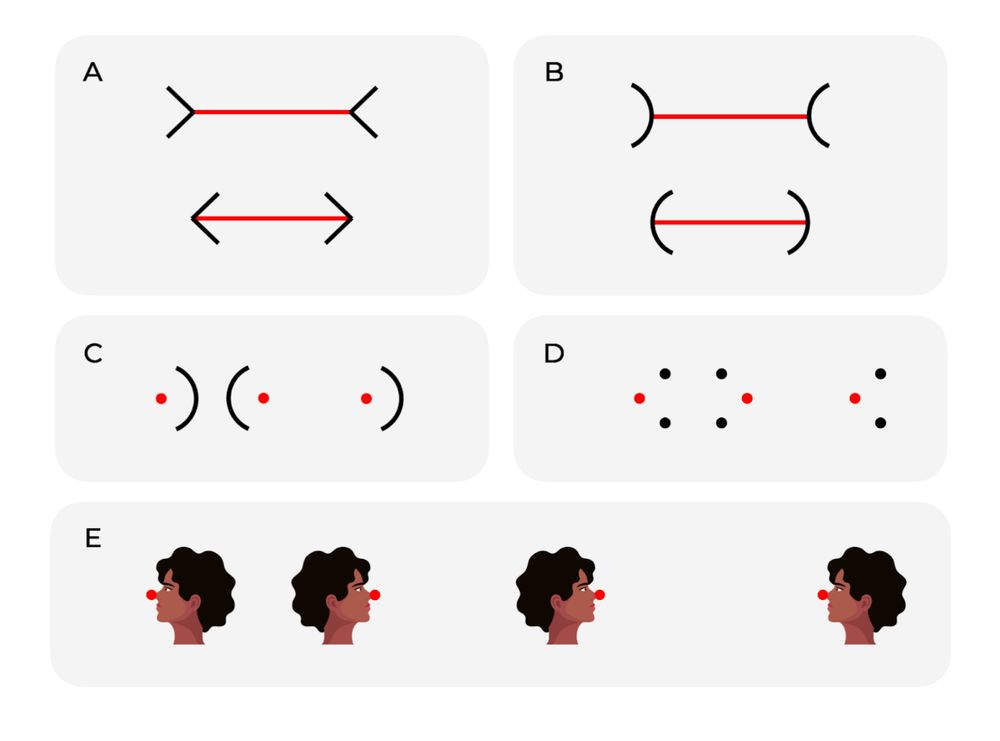
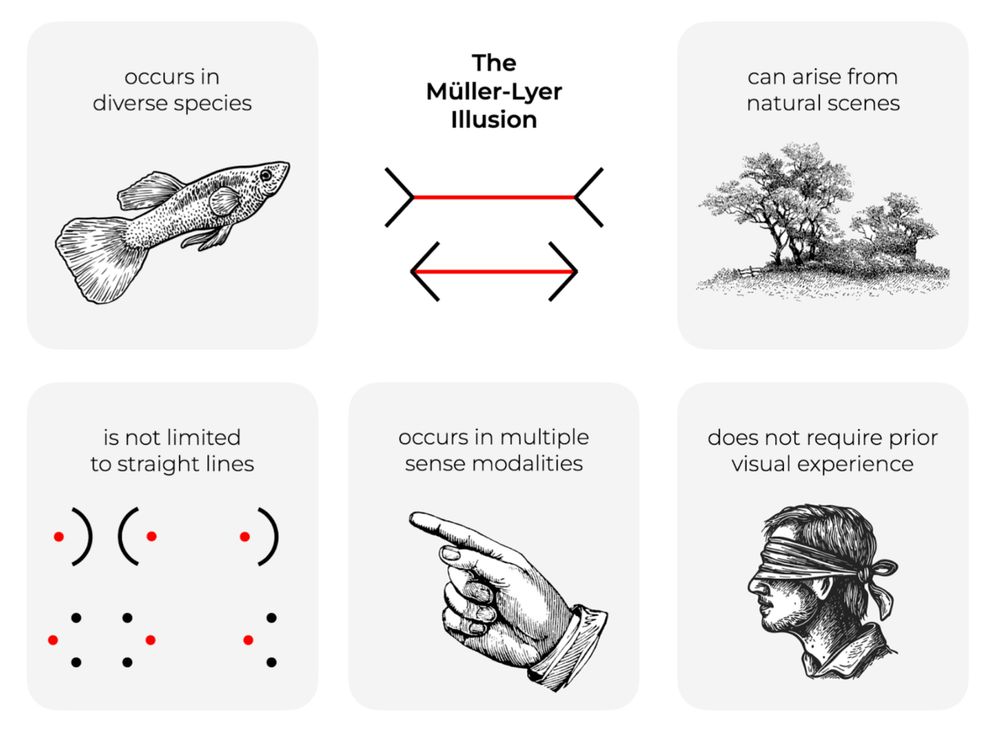
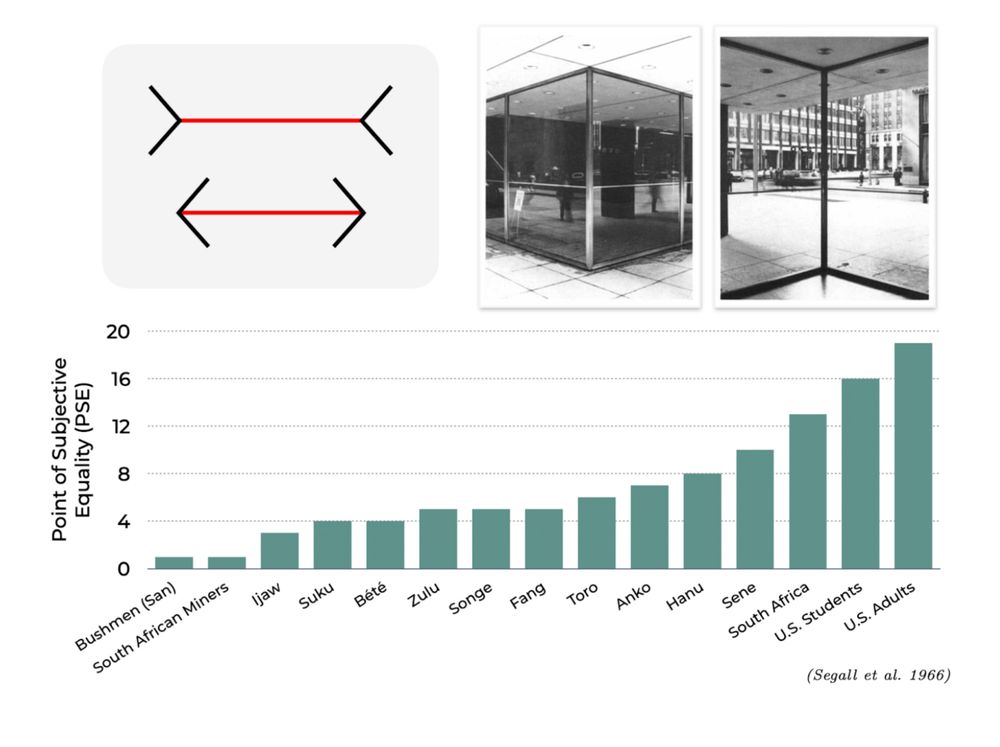
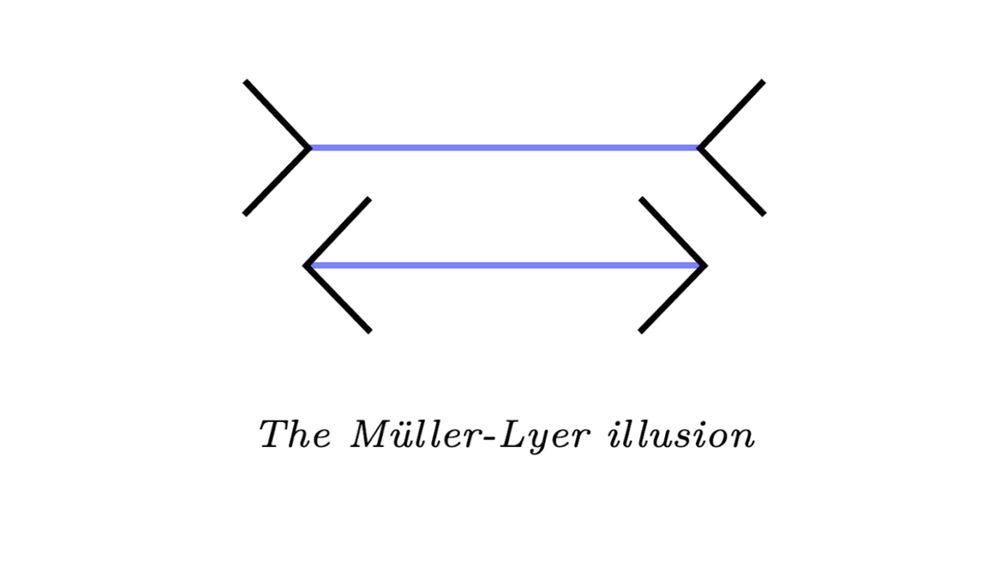
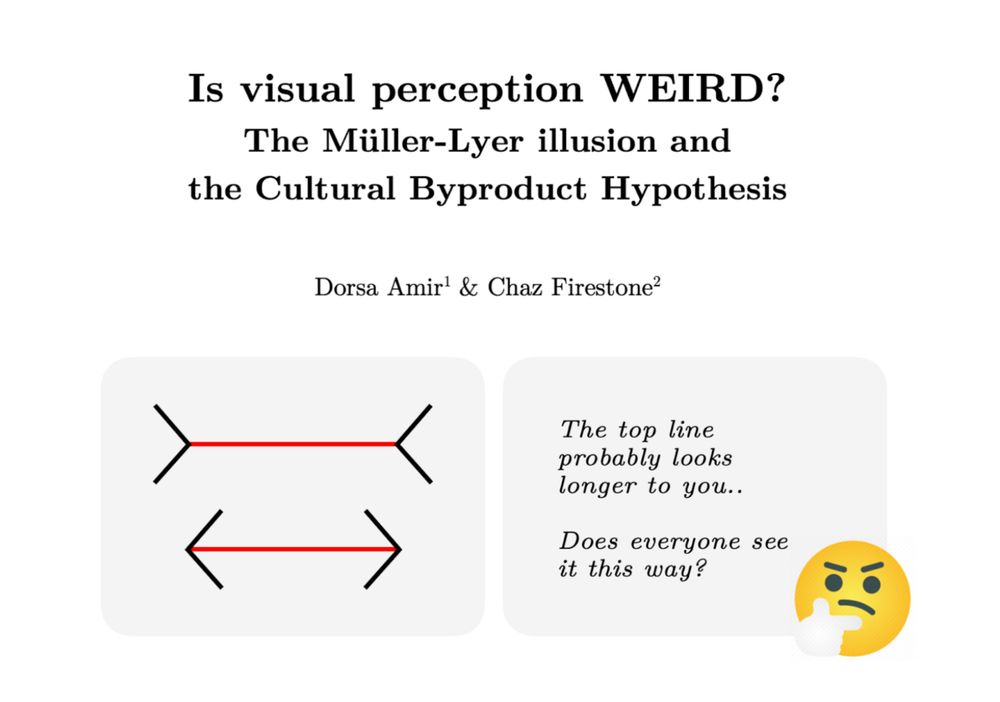
In a copy of “Principles of Geology”, Lyell argues that animal varieties can change over time, but never deviate enough to form new species.
“If this were true,” Darwin scrawls in the margin, “adios theory”.

In a copy of “Principles of Geology”, Lyell argues that animal varieties can change over time, but never deviate enough to form new species.
“If this were true,” Darwin scrawls in the margin, “adios theory”.
www.cambridge.org/core/journal...

www.cambridge.org/core/journal...


The more you look at it, the worse it gets.
She had *one* set of great^3-grandparents. A person with no incest in their family would have sixteen.

The more you look at it, the worse it gets.
She had *one* set of great^3-grandparents. A person with no incest in their family would have sixteen.




